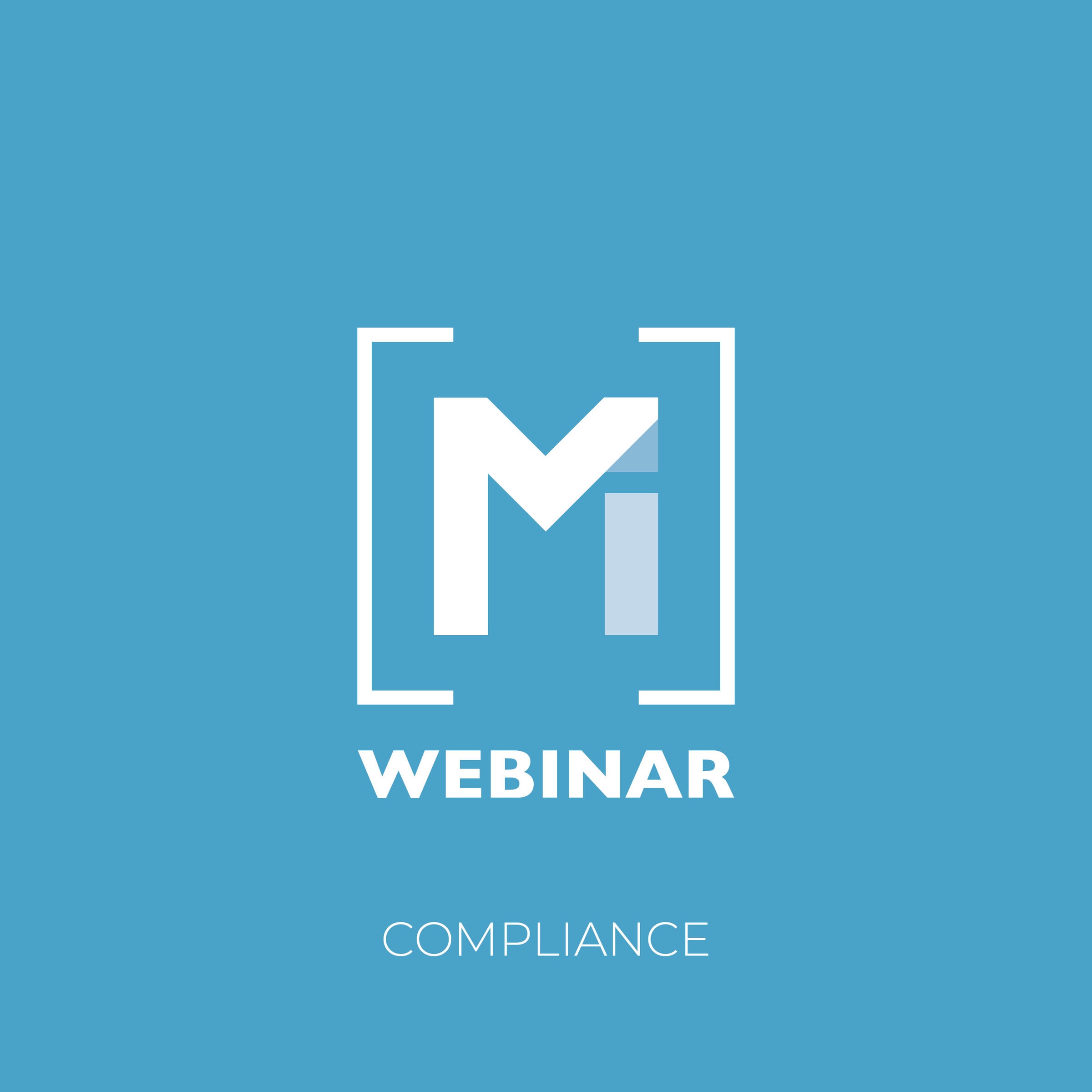Company Pass
The ABC’s of the CGAD – Practical Corporate Governance Annual Disclosure Drafting Approaches
You’ve reached members-only content. If your company is a NAMIC member and you’re a NAMIC.org registered user, please make sure…
Company Pass
Clearing the Air on Marijuana Legalization and Insurance
You’ve reached members-only content. If your company is a NAMIC member and you’re a NAMIC.org registered user, please make sure…
Company Pass
Compliance with the NAIC’s Insurance Data Security Model Law: A Practical Guide
You’ve reached members-only content. If your company is a NAMIC member and you’re a NAMIC.org registered user, please make sure…
Company Pass
Compliance – Rate Making for the Non-Actuary
You’ve reached members-only content. If your company is a NAMIC member and you’re a NAMIC.org registered user, please make sure…
Company Pass
Practical Compliance Guidance – Data Calls and Statistical Reporting
You’ve reached members-only content. If your company is a NAMIC member and you’re a NAMIC.org registered user, please make sure…
Company Pass
Records Retention for Insurance Companies – Keeping Records for the Right Period of Time
You’ve reached members-only content. If your company is a NAMIC member and you’re a NAMIC.org registered user, please make sure…
Company Pass
Be Golden in the Golden State: Complying with the CCPA
You’ve reached members-only content. If your company is a NAMIC member and you’re a NAMIC.org registered user, please make sure…
Company Pass
Compliance Modernization
You’ve reached members-only content. If your company is a NAMIC member and you’re a NAMIC.org registered user, please make sure…
Company Pass
Don’t Get Hooked: Protecting Against Social Engineering and Phishing Scams
You’ve reached members-only content. If your company is a NAMIC member and you’re a NAMIC.org registered user, please make sure…


